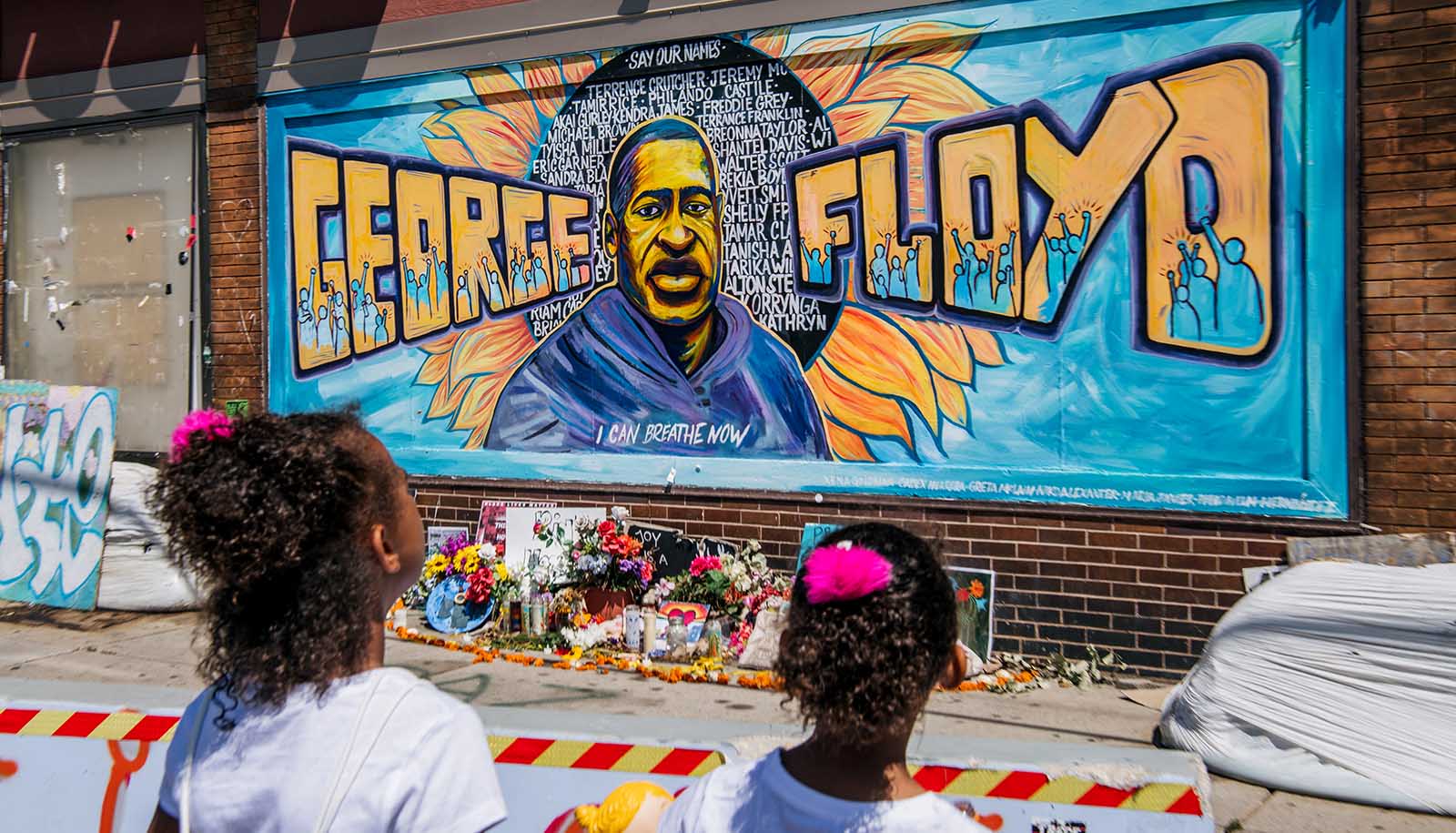
Sklansky: It’s hard to say, because the politics around policing and criminal justice today—like the politics around everything else—is so polarized and toxic.
But the kinds of reforms I’ve just mentioned with regard to law enforcement are consistently endorsed by a majority of Americans across lines of race, party, and ideology. So I do think there is hope for significant progress on police reform.
Even with regard to guns, polls consistently show broad public support for measures such as improving background checks and banning assault-style weapons and high-capacity ammunition magazines. There is room for forging consensus across lines of race, party, and ideology on approaches to the problem of police violence. But it will take work.
Banks: I think of myself as an optimistic person. But when I think of the many problems that coalesce in the killing of George Floyd, I find myself being less optimistic, though still hopeful. It took years to realize that one can detach hope from optimism. A lack of optimism does not mean a death of hope.
Two years ago, protests seemed to be everywhere, and people from all walks of life were realizing the extent to which racism can imperil our democracy and block us from being the nation we want and need to be.
But now, I don’t feel that same type of energy. I wonder, and worry, about our repeating the mistakes we’ve made before. During the civil rights era, our nation committed itself to undoing Jim Crow segregation and the racial caste system. The Supreme Court issued unprecedented rulings and Congress passed unprecedented legislation, but after about a decade we grew tired of battling racism and moved on.
That relinquishment of our racial justice commitment reprised what happened a century earlier when, after the abolition of slavery and the adoption of three Amendments to the Constitution, Congress passed landmark legislation and undertook reconstruction efforts to make freedom real, and then abandoned them after about a decade.
So here we are a half century after the civil rights era, and, by some measures, racial disparities remain as great now as they were then. The Black/white wealth gap, for example, is no smaller now than in 1970.
What we need is to realize is that the problems that racism has bequeathed us are less like an illness that the proper medicine will remedy, and more like a chronic ailment that must be continuously managed. The stakes are not only about preventing more George Floyds; they are about the viability of our democratic experiment.